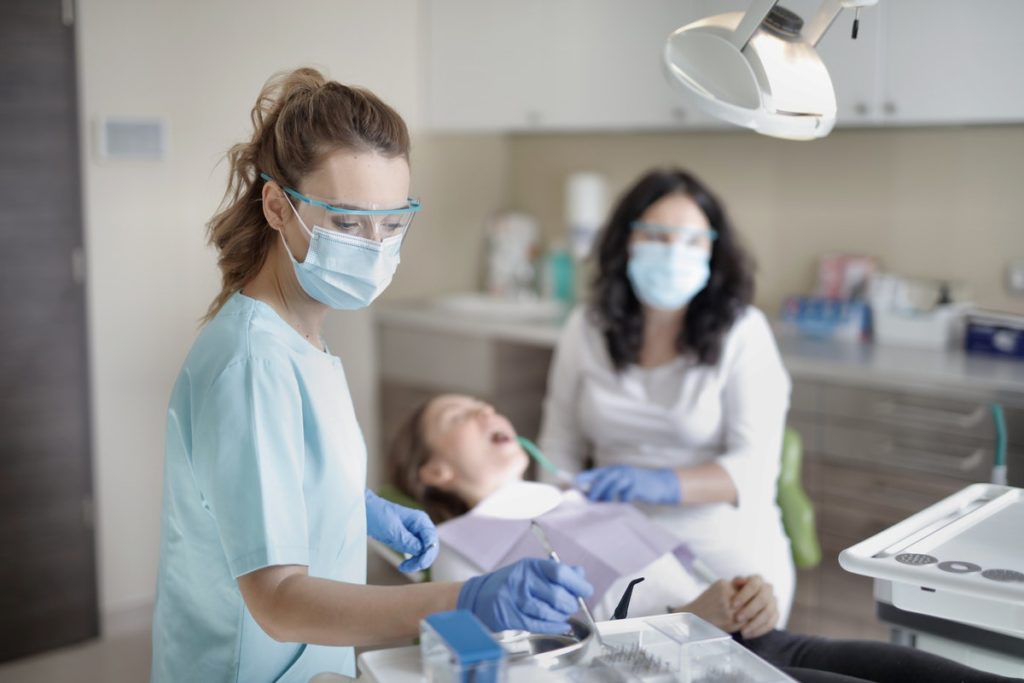Why is it recommended that people of all ages regularly have dental check-ups?
Preventive dentistry is a term often used within the dental world, as it is a present and future aim of most dental teams. Preventive dentistry is possible only by patients attending regular dental appointments, the amount of appointments being solely based and advised on each individual case. Regular appointments with the dentist Richmond enables the dental team to spot and act on early signs of dental problems, such as (but not limited to) tooth misalignment, tooth decay and gum disease. By having a proactive approach to dentistry the dental team are able to reduce the risks of complications further down the line, along with eliminating potential treatments and procedures in later life.
Is oral hygiene a preventive method?

Although it requires teamwork from both the patient and the dentist, oral hygiene is one of the best methods at preventing future treatments and procedures. Regular check-up appointments are there to ensure that the patient is understanding how to efficiently clean and maintain healthy teeth and gums. During the appointment a thorough clean can be carried out and any cleaning adjustments needed at home by the patient are discussed in detail. Through the combination of an excellent cleaning regime at home and regular dental appointments, the majority of dental problems should be prevented.
What preventive treatments are there for children’s teeth?
Although it can seem odd, it is recommended that children begin having regular dental check-ups from the age of around 6 months. Although some children will not yet have teeth showing, checks on the gums can be carried out and more importantly it is the start of a routine which hopefully will ensure that the child feels comfortable visiting your regular dental team. Once the teeth are visible, fluoride applications and tooth coloured sealants known as fissure sealants can be applied to the child’s teeth, providing them with a level of protection against tooth decay. By having this preventive treatment early on it will reduce the risk of needing a filling or treatment for other dental problems which may occur due to plaque build-ups.
What if the patient feels uneasy about attending appointments?
Studies have shown that fears and phobias about visiting a dental practice in adults often stems from irregular or non-existent visits as a child. For this reason we encourage all parents or carers to bring their children for regular check-ups from around 6 months old. For the adults who do find visiting the dental practice rather stressful and problematic, they can rest assured that the majority of dental practices put in extra measures for patients that are anxious. These measures can include anything from providing calming music, through to discussions on the phone or in person to help minimise their anxiety and assist the patient in attending their appointment.
The important thing is that potential or existing patients should not lose access to crucial dental treatments, including hygiene appointments, through anxiety. Prompt action on the part of dental professionals can prevent long-term damage to a patient’s teeth and limit any more complicated treatments further down the line.




